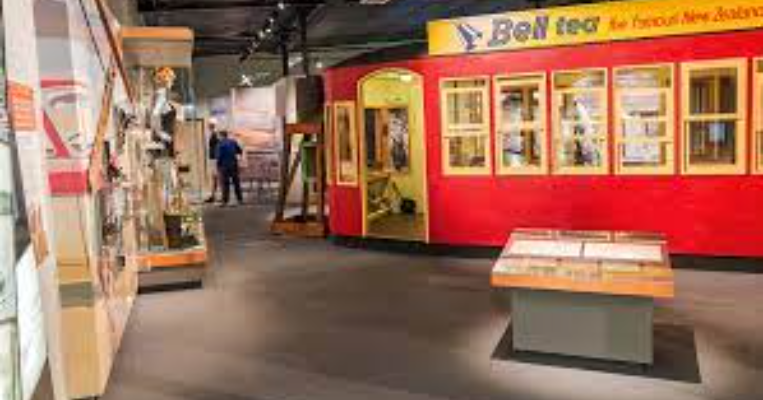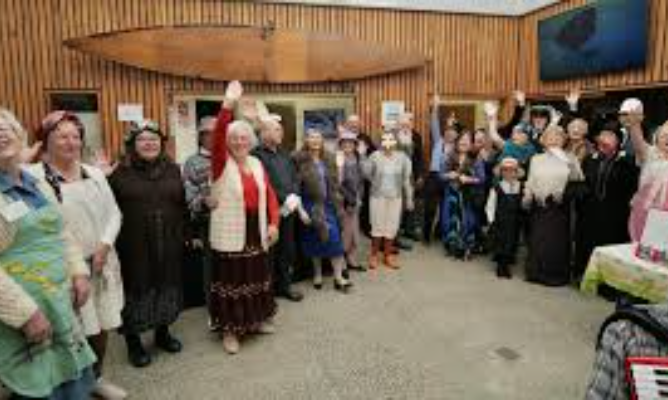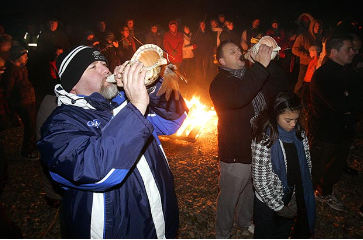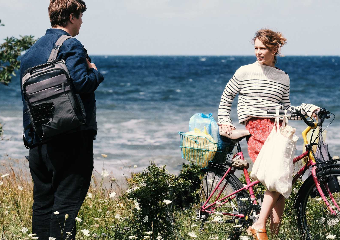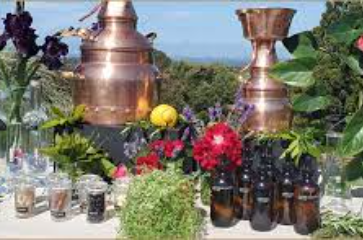Nau Mai ki ta Maatau Whare Taonga. Welcome to the spirit of Mangawhai
Stories tell of an epic battle of the Maori wars, lost gold bullion still waiting to be found from the second world war, secret gatherings of heavy machinery to defy government regulators and a look at local natural history around Mangawhai and its harbour including the fight to save the critically endangered Fairy Tern. Museum and Shop open 10am-4pm daily.

